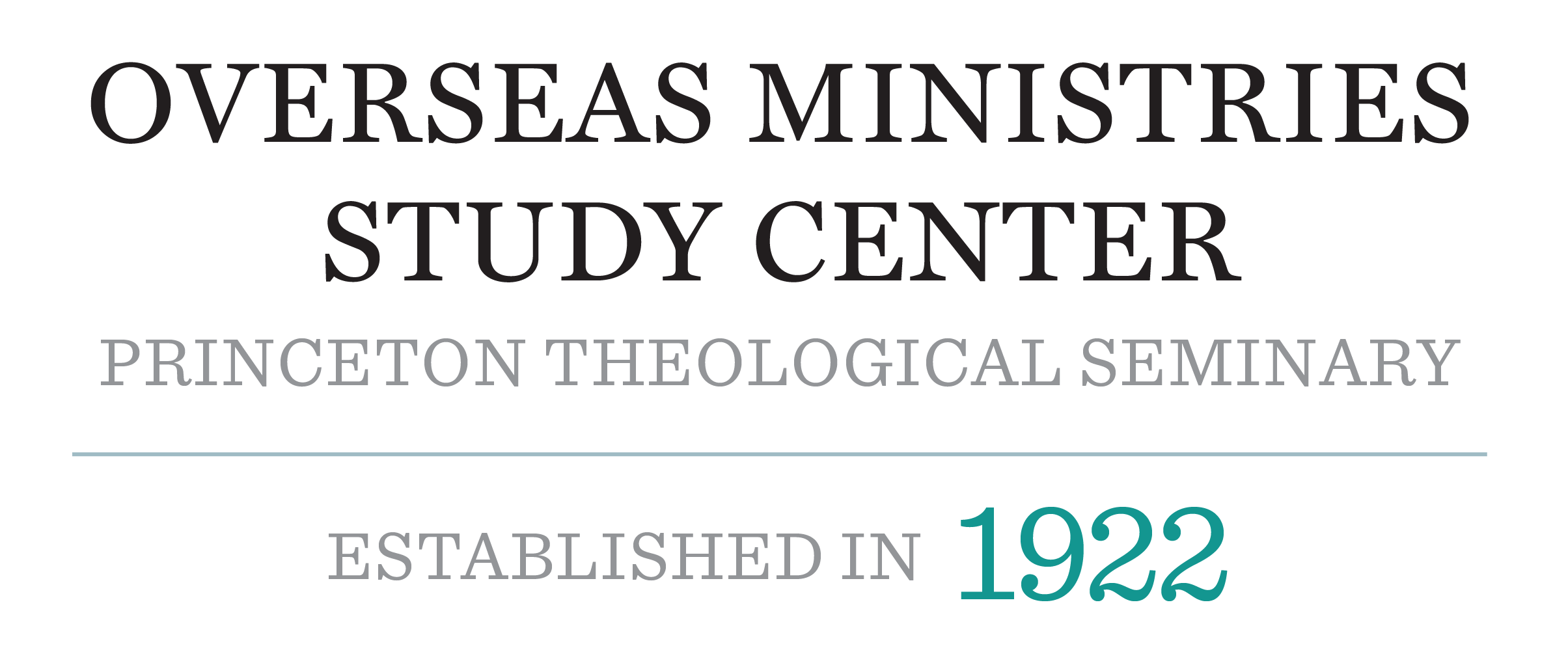By Stephen Di Trolio edited and written with materials provided by Dianne and Richard Darr of MKSN
While much of the literature of mission history has centered around the significant work of missionaries across the globe and in different eras, there have been recent revelations of a sinister side of missionary activity, namely the abuse of missionary children in the context of educational settings. Many testimonies have come to light detailing the cover-ups and the hidden nature of these stories of abuse, ranging geographically from Africa to Asia. As recently as the last few months, new stories continue to be told and add to previous reports of abuse. This process of uncovering has prompted various missionary organizations to investigate past abuse, with groups like MK Safety Net stepping in to help bring long-buried truths to the surface and ensure such harm is not repeated. Over the next two weeks, we will publish two stories and information related to the critical issue of safeguarding the integrity of missionary kids and third culture kids (TCKs). In our first post on this topic, we will highlight the statement of the American Society of Missiology on the abuse that occurred at boarding schools, alongside the work of MK Safety Net. In the second installment next week, we will highlight a piece detailing the story of the historic abuse of missionary kids.

Statement Concerning the Abuse of Missionary Children at Boarding Schools
As an academic and ecumenical professional society dedicated to “the scholarly study of theological, historical, social, and practical questions relating to the missionary dimension of the Christian church,” the American Society of Missiology pledges to do the following:
- We will strongly and formally encourage our own members and similar academic missiological societies and missionary-sending organizations to declare their solidarity with MK survivors of abuse.
- We will continue to support the work of MK Safety Net (MKSN), an organization led by adult MK survivors of abuse, by providing a link to their organization’s website on our website and by remaining in conversation with MKSN about ways in which the ASM can be of further support.
- We will encourage our membership, in the classes we teach and in other educational venues, to draw attention to the need for prevention of sexual, physical, psychological, spiritual, emotional and other forms of abuse, and for victim-centered and trauma-informed care for adult MK survivors of abuse in all its forms.
- We will encourage scholarship to address the history and contemporary reality of abuse at missionary boarding schools, including scholarship that analyzes the ways theology is wrongly appropriated to tacitly support abusive practices. We will also encourage scholarship that proposes concrete steps for abuse prevention, best practices in the redress of wrongs, and the support of adult MK survivors of abuse in all its forms.
- We will provide a modest stipend to assist adult MK survivors who desire to become victim advocates to receive the training that they need.
- We will be attentive to broader issues of abuse of children and other vulnerable persons in mission and church contexts.
Richard Darr, board member of MK Safety Net, writes on this recent ASM statement, “I, and MKSN, are deeply grateful for the courage the American Society of Missiology (ASM) displayed in making its recent powerful statement on MK abuse, and for The Occasional’s pro-active publishing of articles on this oft-neglected topic in mission circles. As I look back on 30-plus years addressing abuse of MKs and other children in Protestant mission circles, I summarize the work of MKSN as an ongoing effort to push mission organizations away from “institutional betrayal” toward “institutional courage” (Jennifer Freyd, Center for Institutional Courage). Missions and churches that begin to exhibit institutional courage, coupled with trauma-informed, victim-centered responses to reports of child abuse in mission settings, will go a long way in providing truth, justice, and healing for children they have wounded. I hope that the ASM would extend its statement on abuse of MKs to include the abuse of myriads of indigenous children abused in residential boarding schools globally. Would that similar professional associations, mission organizations, and sending churches make public statements on the widespread abuse of all children, not just MKs, in mission boarding schools and other settings. After all, Jesus placed children and their example of humility, trust, dependence, and vulnerability at the very center of his ministry and the kingdom he came to establish.”
Click here to read the full statement alongside introductory material for the context of the abuse that occurred in many schools, including Hillcrest Academy in Nigeria. For more information on this story, see the recently published two-part investigative piece in Nigerian media, which covers these stories of abuse. Click here for part 1 and here for part 2.



